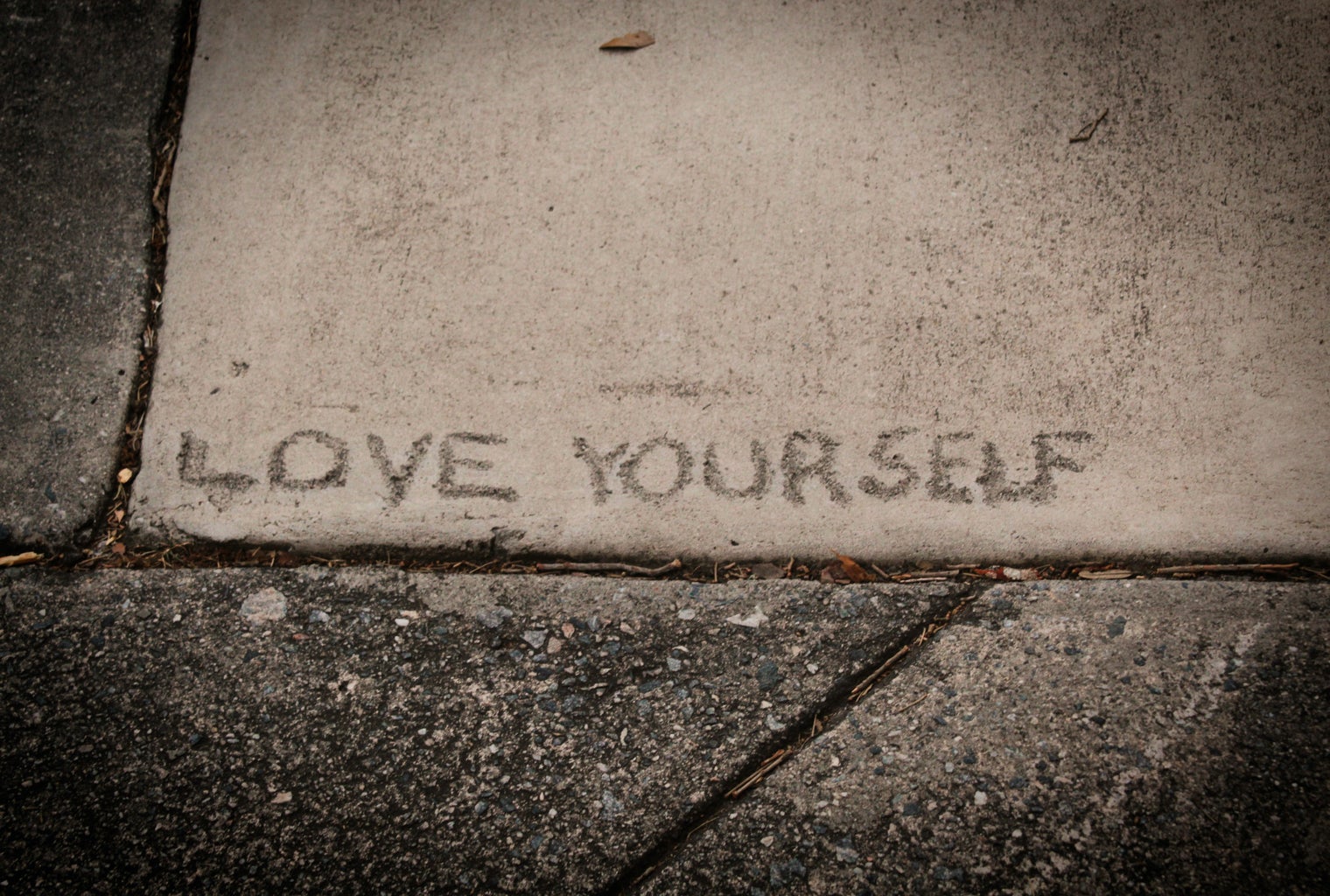You’ve probably heard the phrase “comparison is the thief of joy,” but what does that truly mean in the grand scheme of things?
In the age of social media, it becomes increasingly hard to “stay in your own lane” and not compare yourself and your life to others. Seeing other people living the life you want to can cause feelings of envy, jealousy and unworthiness to arise. Despite this, it’s key to understand why comparing yourself is terrible for personal and professional growth.
Let’s get to the bottom of things: why do you compare yourself? As humans it is natural to compare yourself and hard to train yourself not to. It’s a conscious choice, and one that affects both your thinking process and your actions. Comparison often starts early in life; for many it may have started when you saw someone else have new shoes or clothes at school that you didn’t get or when your classmate had a better lunch than you. Although this action is very common and nearly unavoidable at first, it’s important to stop equating your life, possessions and progress to those around you. Here are four steps to get you started.
The first step is to understand that what you see is rarely what it appears to be. With the increasing influence of social media through the last decade, it’s becoming more difficult to decipher what’s real and what’s fake. While your peers seem to have everything together on Instagram, their private stories and real lives tell a different tale. Just as some people you know may not know your deepest darkest secrets, you also don’t know theirs. You never know what happens behind closed doors and if what you see is a façade or the truth. Regardless, this is all the more reason to spend that energy on your own growth and personal development.
Step two: learn to acknowledge and appreciate your own merits, strengths and abilities. It’s easy to compare yourself when you fail to acknowledge your worth, and we tend to hyper-focus on what we lack instead of what we possess. Maybe you’re extremely good at a sport, subject or a hobby. Maybe you aren’t good at those things, but shine in other areas like public speaking or serving others. Regardless of where or how you shine, everyone is good at something and not-so-good at something else. You can be anything but you can’t be everything. When you begin to focus inwards, you begin to better yourself and not worry about what others are doing or the different paths you may be on. You become hyper-focused on improving your qualities and upgrading yourself, ultimately leading you to your best self.
Number three: compete with yourself instead of others. Upon comparing yourself, it’s almost second nature to try and compete with them, whether consciously or subconsciously. This gets you nowhere. By competing with those around you, one fails to do themselves and their abilities justice, while also depriving others of the genuine support they deserve. Though feelings of insecurity and resentment are internal feelings, they often rub off onto the people around you in negative ways. Instead, compete with yourself. Look back at who you were and where you were weeks, months or even years ago and acknowledge your growth and development since then. Look back at your PRs in the gym, the improvement in your skin or your mindset. Finding ways to better yourself like this will allow you to appreciate your merits more.
The last and most important step to end comparison is to realize that you are the only one in your shoes. You are the only one that lives your life. You are the person who sees your progress mentally, physically, socially and emotionally. You are the only control panel to your machine called life, and only you can create your path.



